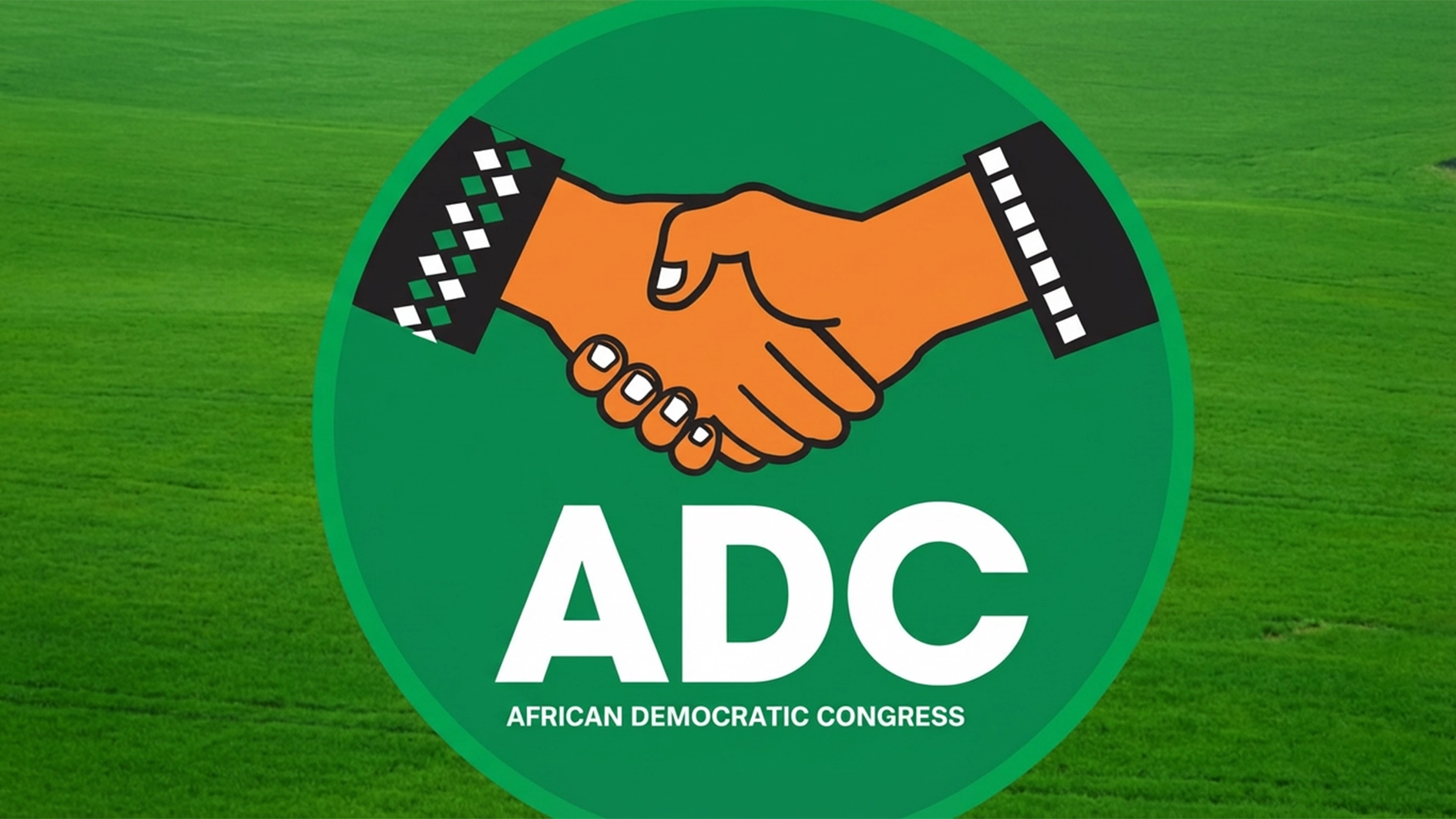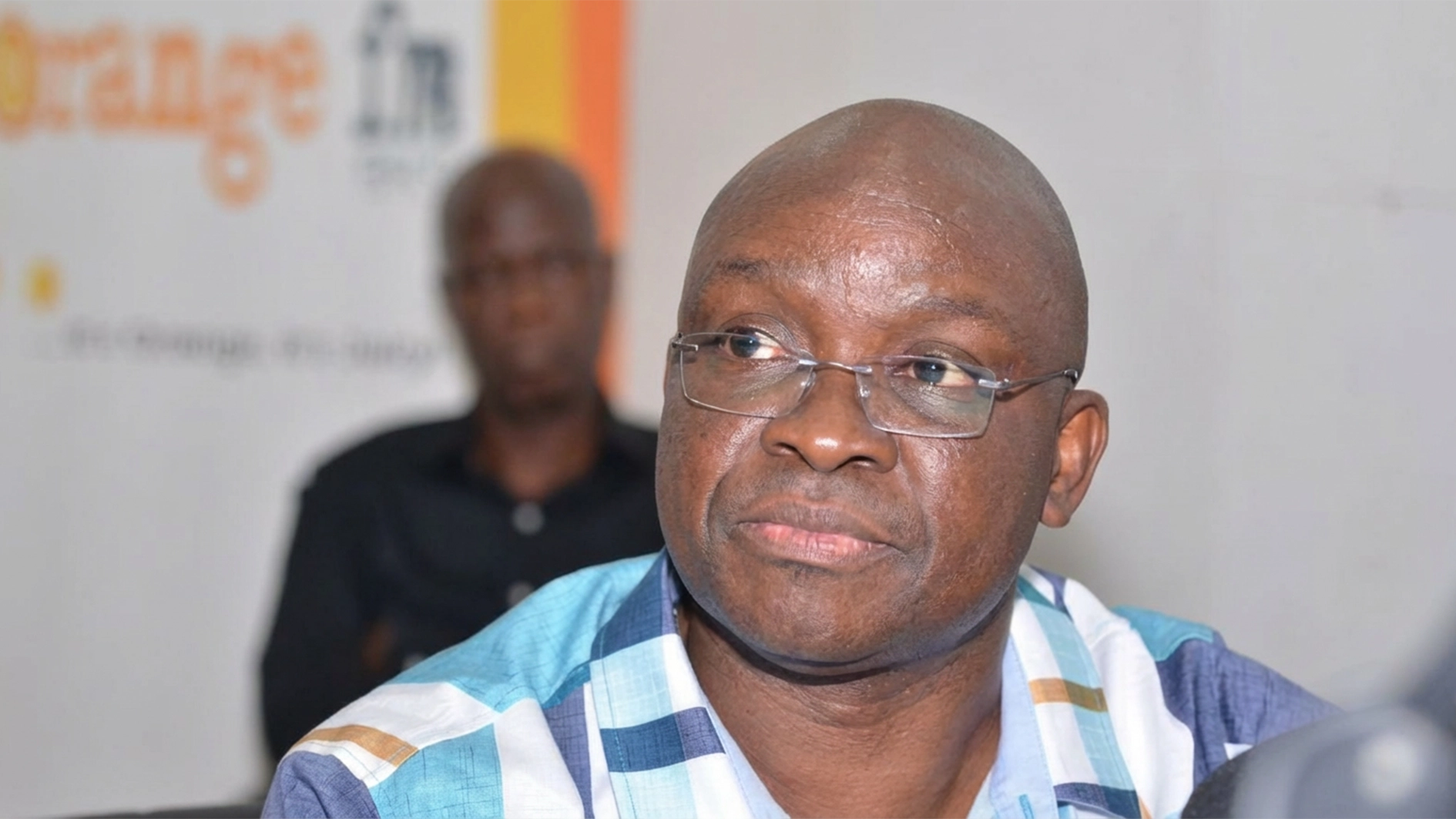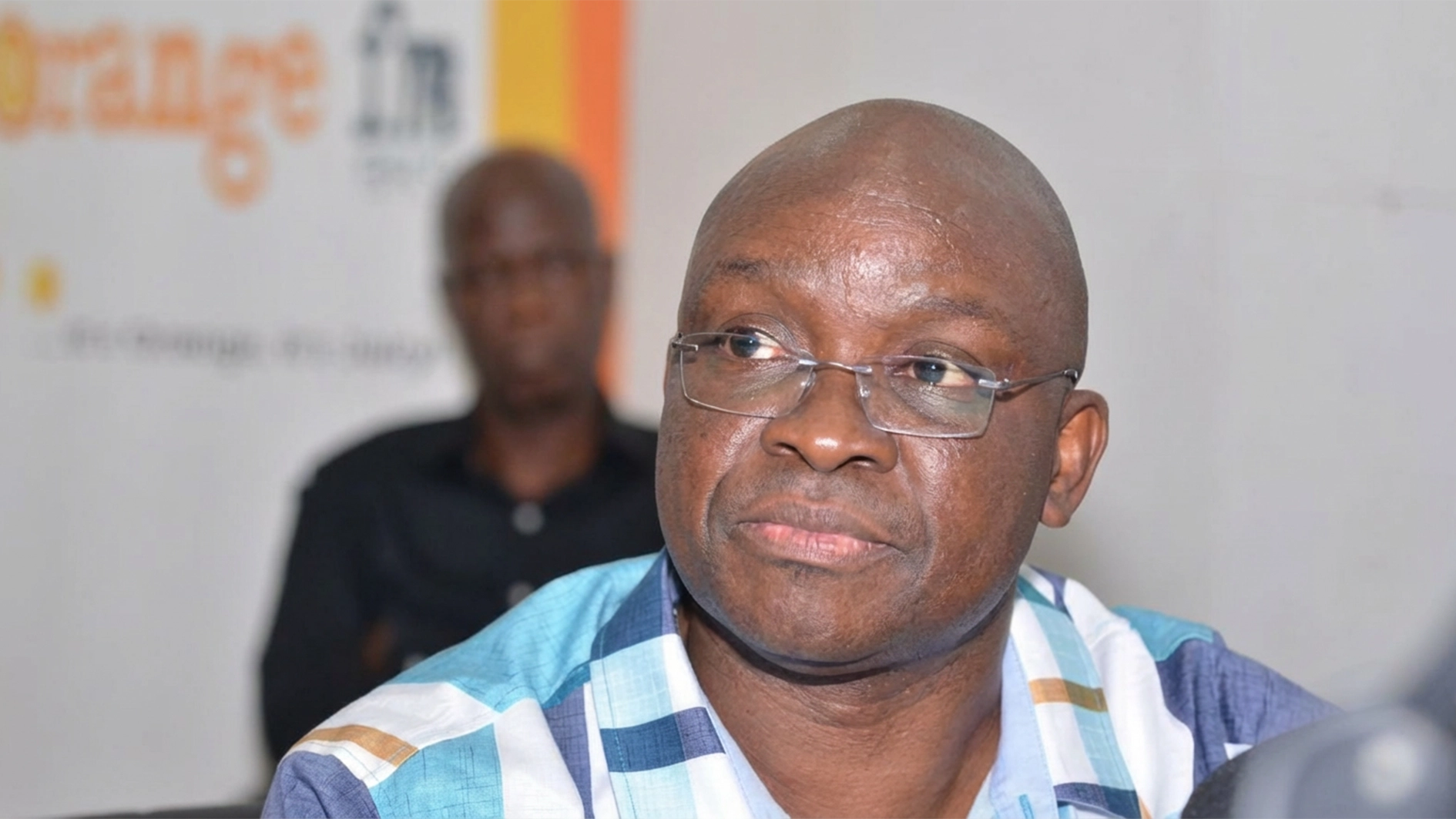A former member of the House of Representatives, Dr Farah Dagogo, in this interview with ADAMU ABUH, said that while zoning may promote a sense of inclusion, it often sacrifices competence and merit on the altar of political expediency.
Do you foresee any danger to our democracy or national unity in the zoning debate ahead of 2027?
The zoning discourse is a sensitive but necessary conversation in Nigeria’s diverse federation. Since 1999, power rotation has served as an informal yet stabilising mechanism to manage our regional diversity. We must, however, approach this issue with sincerity, historical awareness, and national interest. It’s true that President Umaru Musa Yar’Adua’s death in 2010 cut short what would have been an eight-year northern tenure. Though President Muhammadu Buhari’s subsequent two terms (2015–2023) reinstated northern leadership, some argue the original cycle was still disrupted.
Regardless, we must now move beyond transactional politics or regional entitlement. Zoning is not just about arithmetic fairness; it’s a moral compass for unity. As 2027 approaches, our focus should be on who is best equipped to lead Nigeria, not whose turn it is. We need leaders with a pan-Nigerian vision, proven competence, and a deep commitment to justice and reform. Nation-building demands memory and maturity.
Since the concept of unwritten zoning arrangement, has it been beneficial to the country?
The unwritten zoning arrangement, where political power, especially the presidency, rotates between Nigeria’s regions, typically North and South, has produced mixed results in the country’s development trajectory. On one hand, it has helped foster national unity and stability, easing ethnic and regional tensions, particularly after the civil war and prolonged military rule. It offers a sense of inclusion to Nigeria’s diverse groups, assuring them that they have a fair shot at the presidency.
By rotating leadership, zoning reduces fears of domination by any single region or ethnic bloc and encourages alliances that broaden political support bases. Though not enshrined in the Constitution, zoning has facilitated some of Nigeria’s most peaceful political transitions, such as within the PDP from Obasanjo to Yar’Adua, and later to Jonathan. However, the country’s development cannot be credited to zoning alone. One major drawback is that zoning often prioritises regional or ethnic identity over competence, vision, and capacity. This has led to the emergence of leaders chosen more for political expediency than performance.
The result is a cycle of corruption, weak reforms, and minimal concern for long-term development, as the mentality of “our turn to eat” takes root. Moreover, zoning frequently sidelines capable individuals simply because they hail from the “wrong zone” at the “wrong time.” In many cases, it crowds out meaningful policy debates on pressing national issues, such as the economy, healthcare, education, and security, with arguments over identity and entitlement.
In essence, while zoning may have helped manage Nigeria’s diversity and ensured a measure of political stability, it has not significantly propelled national development. Real progress will require a shift to merit-based leadership, stronger institutions, accountability, and issue-driven politics. Zoning may help preserve the union, but it alone cannot build the nation.
Do you support the agitation for more states, given the current economic struggles of existing ones?
The push for new states is emotional and symbolic. It reflects historical exclusion, power imbalances, and a genuine desire for local development. However, in our present economic climate, the logic is questionable. Over 80 per cent of Nigeria’s 36 states depend on federal allocations, lacking sustainable internally generated revenue. Adding more states under these circumstances could escalate costs without solving the underlying issues.
What we need is not more states but functional federalism. States should have autonomy to harness their resources, craft local policies, and tackle their unique challenges. The answer lies in strengthening existing states, not multiplying inefficiencies. State creation should be an exception, not a substitute for responsive governance.
How do you compare state creation to the performance of regional development commissions?
Institutions like the Niger Delta Development Commission (NDDC) and the North East Development Commission (NEDC) were established to address regional disparities without increasing the number of states. In theory, they’re strategic tools for transformation. In practice, their impact has been inconsistent. Corruption, politicisation, weak oversight, and poor community involvement have undermined their potential. This failure has reignited calls for state creation by communities that feel neglected.
But the real solution is institutional reform. These agencies need clear mandates, transparent funding, and performance-based accountability. We must also improve coordination between federal, state, and regional bodies. Development must become a right, not a political favour. Nigeria stands at a crossroads: we can’t afford cosmetic fixes. Our problems require visionary leadership, not tokenism or fragmentation.
Why did you oppose the emergency rule in Rivers, especially after the Vice President’s recent comments?
The March 18, 2025, events in Rivers were a flagrant violation of constitutional order. The President cannot unilaterally suspend elected officials. It set a dangerous precedent. I challenged it in court because the will of the people must prevail. The Vice President’s recent acknowledgement of its unconstitutionality validates our concerns. Now, the Presidency must do the right thing, reverse that unlawful action. We cannot allow democracy to be sacrificed for short-term political interests. My advocacy is rooted in principle, and I will continue to champion justice, responsible leadership, and democratic values.
The two principal actors, former Governor Nyesom Wike and now Minister of the Federal Capital Territory (FCT) Abuja and the suspended Governor Siminalayi Fubara, have reconciled. Does that not dismiss or water down your suit against President Tinubu?
Reconciliation is important in a democracy, but it must not override legal accountability. This issue is bigger than personalities. It concerns the constitutionality of suspending a duly elected government. That matter is before the courts and must be resolved judicially, not through political compromise. The case will continue until we get a ruling that upholds democratic norms.
What is your assessment of the emergence administration in Rivers State?
The Emergence Administration came into office amid intense political tension. That presents both a challenge and an opportunity. It is trying to assert executive independence and redefine governance away from entrenched control. However, real legitimacy comes from performance, not realignment. The people of Rivers State expect a move from political theatrics to people-focused governance, on infrastructure, jobs, education, and livelihoods. It’s still early for a final assessment, but the administration must now chart a clear, inclusive, and measurable path forward. The potential to transform Rivers State exists. But it will take courage, innovation, and integrity. There has been a lot of concern about the independence of the 10th National Assembly, especially its weak dispositions towards the executive.
What’s your take on the executive-legislature relationship?
A functioning democracy depends on the separation of powers, with the legislature acting as a check on the executive. Sadly, today’s National Assembly appears overly compliant. While some lawmakers show courage and dedication, the overall posture raises concerns. A case in point is the rubber-stamp approval of unconstitutional suspensions of elected officials in Rivers State, a dereliction of duty. The National Assembly must reclaim its role, defend constitutional order, and ensure executive accountability. Without a strong legislature, democracy is hollow.
How have the policies of the Tinubu-led administration helped shape Nigeria in the past two years?
The administration’s policies have lacked coherence, resulting in rising public frustration. The removal of fuel subsidies may be economically justifiable, but the rollout lacked safety nets, plunging millions into avoidable hardship. Our education and healthcare systems remain neglected, and insecurity persists despite military deployments. The economy is in distress, with rising inflation, a plummeting naira, and job losses. While structural reforms are needed, they must be people-centred, data-driven, and implemented with empathy. Leadership must be accountable, and governance must work for the people.
As a known ally of former Vice President, Atiku Abubakar, what’s your view on his role in the Action Democratic Congress (ADC) coalition?
Atiku’s involvement signals a serious effort to build a credible, people-oriented alternative. The ADC coalition is not just about elections. It’s about restructuring governance, restoring order, and uniting the country. Atiku brings invaluable experience and vision, both of which are critical to the coalition’s success. The road is tough, but with principled leadership, we can build a movement rooted in reform, inclusion, and accountability.
One of the perceived setbacks the coalition may possibly face is that the personal presidential ambitions of Atiku, Peter Obi, Rotimi Amaechi and Nasir El-Rufai could endanger the coalition. The interest shown by credible figures like Peter Obi, Rt. Hon. Amaechi, and Atiku reflect the coalition’s rising appeal. Healthy competition is essential, but the process must be fair and merit-based. We must avoid the mistakes of 2023. Reconciliation mechanisms must also be put in place post-primaries to ensure unity and cohesion. This is not just about winning; it’s about rebuilding Nigeria. Internal democracy must be sacrosanct.
Do you see the ADC coalition defeating President Tinubu and the APC in 2027?
Yes. If anchored on sincerity, ideological clarity, and unity, the coalition can replicate and even surpass the 2015 realignment. But unlike 2015, this must not be driven by expediency; it must be driven by principle, integrity, and a shared national vision. If those elements hold, the ADC coalition could be a transformative force. Where do you place the major opposition, the Peoples Democratic Party (PDP)?
What are the PDP’s challenges, and how can the party be rebuilt?
The PDP suffers from internal divisions, ideological confusion, and disconnection from the grassroots. Poorly managed primaries and an unclear national message hurt us in 2023. Rebuilding requires returning to our core values: equity, justice, and service. Leaders like Atiku must help mentor younger members, unify factions, and push issue-based politics. The PDP must modernise and focus on results-driven governance.
Since your disqualification from the 2023 Rivers race and subsequent arrest, what are your future political plans?
The 2023 election was a miscarriage of justice. My arrest on baseless cultism charges, now dismissed, was politically motivated to stop my legitimate ambition. But I remain unbowed. Public service is a marathon, not a sprint. My ambition stems from deep commitment, not desperation. I’ve been consulting and reflecting. In due course, I’ll announce my next move. But rest assured: I am not done. I will return to the ballot when the time is right, with a renewed drive to bring dignity, progress, and inclusive development to Rivers State and Nigeria.






